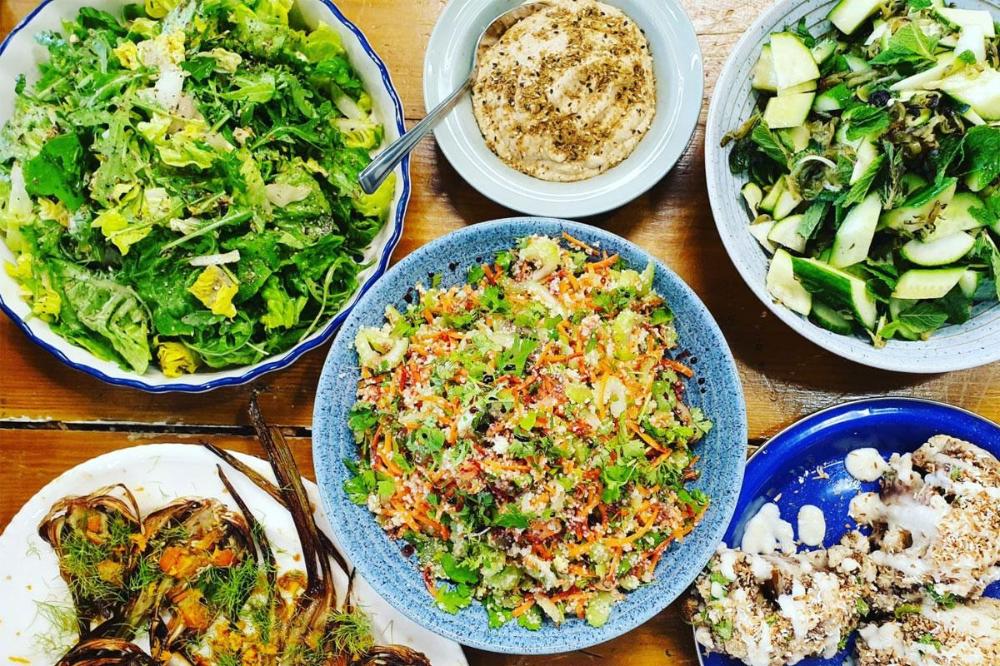“In the UK and US, well over half the average diet now consists of ultra-processed food.”
“UPFs can be a part of that balanced diet, and many of them can be perfectly nutritious into the bargain.”
.
There’s quite a debate going on around UPFs – including that, whilst they are cheap, it is possible to reduce our UPF intake and save money – if we shop carefully.
However, it remains rather confusing – and very easy to overlook what we consider to be ‘healthy’ – with the Mail today looking at five common foods that are actually ultra-processed and could be damaging YOUR health.
The debate is really heating up now, with today’s media also reporting on new studies presented at the world’s largest heart conference showing the devastating impact UPFs are having on our health. Here’s the Guardian:
Global consumption of heavily processed items such as cereals, protein bars, fizzy drinks, ready meals and fast food has soared in recent years. In the UK and US, well over half the average diet now consists of ultra-processed food (UPF). For some, especially people who are younger, poorer or from disadvantaged areas, a diet comprising as much as 80% UPF is typical...
Speaking to reporters in Amsterdam, one of the researchers behind the first study, Anushriya Pant, of the University of Sydney, said many people were unaware that food they assume is healthy, such as shop-bought sandwiches, wraps, soups and low-fat yoghurts, were in fact UPF. “It could be that foods you think are healthy are actually contributing to you developing high blood pressure,” she said...
Dr Chris van Tulleken, one of the world’s leading UPF experts and the author of the bestselling book Ultra Processed People, said: “The findings of these new papers are entirely consistent with a large and growing body of work showing that increasing consumption of UPF is associated with an increased risk of cardiovascular disease. Much of it will be familiar as ‘junk food’, but there’s plenty of organic, free-range, ‘ethical’ UPF which might be sold as healthy, nutritious, environmentally friendly or useful for weight loss. Almost every food that comes with a health claim on the packet is UPF.”
As the food campaigner Henry Dimbleby comments in the Mirror:
“This should be a wake up call. If there is something inherent in the processing of foods that is harmful, then that is a disaster. Britain is particularly bad for ultra-processed food. It is storing up problems for the future. If we do nothing, a tidal wave of harm will hit the NHS.”

To finish, here’s a pretty good guide to UPFs from today’s i-news:
What is a health threat, of course, is eating too many calories, whether from processed or unprocessed foods. The standard advice that you should eat a balanced diet and try to do plenty of exercise is standard for a reason: it’s some of the only health advice in this sphere that really works.
UPFs can be a part of that balanced diet, and many of them can be perfectly nutritious into the bargain. If good-quality research reveals anything specifically dangerous about UPF ingredients that we can act on, we can consider doing so. But for the moment, if you follow the boring old everything-in-moderation advice, there’s no reason to panic about ultra-processed foods.
…